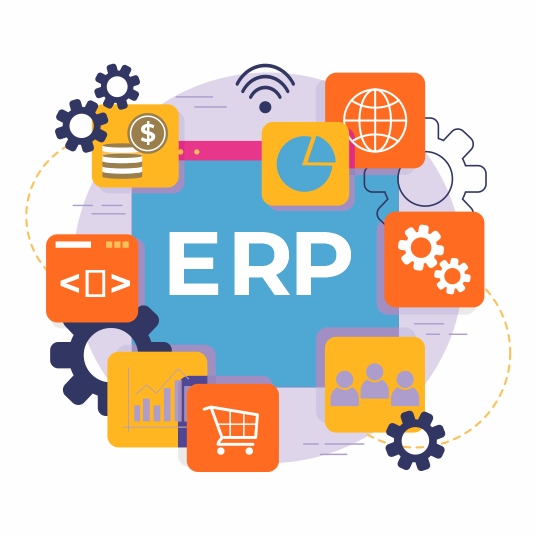In a fast-moving digital world, businesses can no longer rely on rigid systems to drive performance. The modern enterprise demands technology that can adapt to shifting goals, market dynamics, and innovation cycles. This need for flexibility has led to the rise of Adaptive ERP (Enterprise Resource Planning) , a new generation of intelligent systems designed to evolve as your business grows.
The Shift from Traditional ERP to Adaptive Systems
Traditional ERP platforms were built around fixed processes. While they were powerful in managing core operations, they often lacked the flexibility to adjust to new business models or regulatory changes. Adaptive ERP systems have broken this limitation. These next-generation solutions offer modular architecture, AI-driven automation, and real-time integration with cloud services, enabling organizations to stay agile in any business climate.
For example, a manufacturing firm can seamlessly connect supply chain operations, finance, and logistics within one platform , automatically adjusting workflows when demand spikes or supply delays occur. The result is reduced downtime, faster decisions, and greater efficiency across all departments.
Flexibility as a Competitive Advantage
Adaptive ERP systems empower businesses to reconfigure processes without lengthy redevelopment cycles. Whether expanding into a new market, launching new products, or merging with another company, these systems can evolve with minimal disruption. Custom modules and low-code features make it easy to tailor the ERP to fit specific industry requirements, such as healthcare compliance or retail inventory optimization.
This level of customization not only improves efficiency but also ensures that the ERP investment continues to deliver value as the business landscape evolves.
Data Intelligence at the Core
The modern ERP is not just about automating workflows , it’s about generating actionable insights. Adaptive ERP platforms integrate advanced analytics and artificial intelligence to help decision-makers understand trends, forecast performance, and identify inefficiencies. Managers can access real-time dashboards to make quick, data-backed decisions that drive productivity.
For instance, predictive analytics can help finance teams anticipate cash flow issues or enable HR departments to optimize workforce planning.
Future-Proofing Your Enterprise
In a world where adaptability is key, implementing an adaptive ERP system prepares your business for the future. It ensures scalability, reduces manual work, and enhances data-driven decision-making. As companies face increasing competition and digital disruption, those with adaptive ERP systems will thrive by turning change into opportunity.
In short: Adaptive ERP is not just software , it’s a strategic foundation for efficiency, innovation, and growth.



